BMBF research association "JaBaS - Janus particle-based biosensor for next-generation monitoring of pharmaceutical pollutants" (FKZ: 031B1118C) BMBF program "Future technologies for the industrial bioeconomy - focus on biohybrid technologies".
The main objective of JaBaS is to develop an innovative coating and fabrication process for micro- and nanostructured semiconductor sensor arrays based on geometrically and chemically anisotropic polymerbased biohybrid Janus particles with directional immobilization of peroxygenase-type oxyfunctionalizing
biocatalysts. The "double-headed" immobilization technique will provide access to previously unused oxidoreductases for electrochemical biosensing because cofactor generation occurs directly on the nanoparticle. Unlike conventional particles used in materials science and analytics, double-headed Janus particles offer asymmetry and directionality and can even combine incompatible properties within a single particle. The surface anisotropy of these particles spatially decouples analytical functions (e.g., target immobilization and sensing) that would otherwise be difficult to combine in a single particle, creating these unique properties and functions and opening opportunities for novel multimodal analytical methods. In particular, the ease of functional modification on the specific surface of Janus particles will allow the unique catalytic properties of non-specific peroxygenases (UPOs, EC 1.11.2.1) to be exploited with respect to the electrochemical quantification of bioactive molecules, including resistance-inducing substances (including those from disinfectants), laying the foundation for an innovative future technology. The envisaged test
systems will be able to detect even low concentrations of active pharmaceutical ingredients and pollutants that usually cause the first, sometimes irreparable, damage to aquatic organisms, which can be crucial for the ecotoxicological assessment of environmental pollution caused by active substances.
Duration 2021-2024
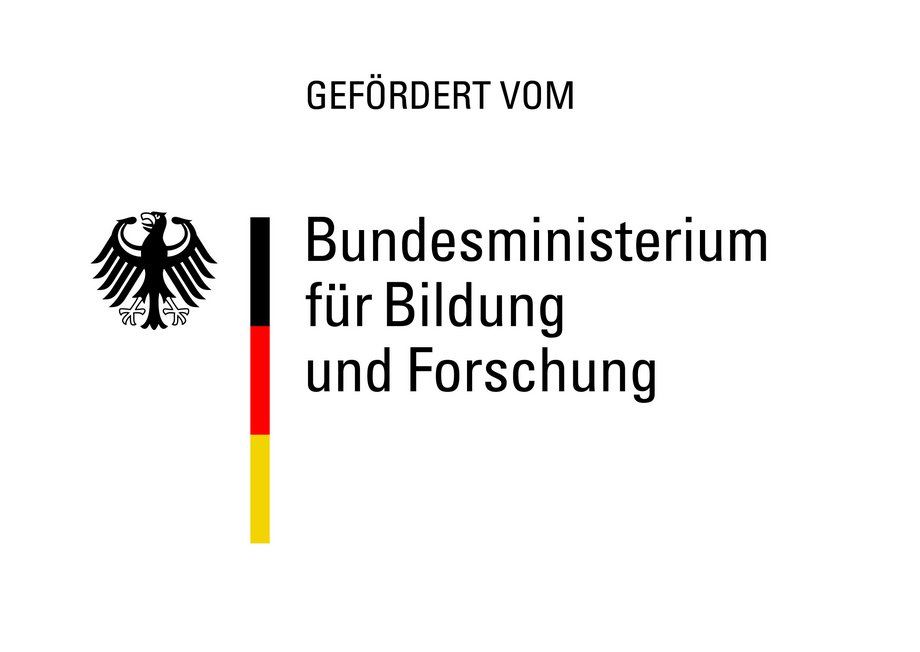
BMBF research association "InnoWild - Establishment of a cultivation and utilization system of native and climate-adapted wild plants with high added value in Lusatia" (FKZ: 03WIR3012B) BMBF program "Innovation & Structural Change -> WIR! Change through Innovation in the Region"
New strategies are needed in order to continue to enable profitable and sustainable agriculture in regions that are particularly affected by climate change. By establishing a new economic sector in Lusatia, which is based on the use, processing and marketing of wild plants. A new, more profitable way of land use is to be created in the region. The aim of this research project is to use native and climate-adapted wild plants as a basis for the development of new types of value chains in Lusatia: from pharmaceuticals and agrochemicals to the food industry and cosmetics. As a result of this project, an innovation centre for wild plant cultivation is also to be established in Lusatia, which will act as a demonstrator to ensure the transfer of knowledge and will be used as a central contact point for further education in the use of wild plants in Lusatia. In order to create new marketing opportunities in the future, we want to work directly with regional companies to develop innovative solutions for the region.
Duration 2021-2024

BMBF funded project "LIL-Invest: Investment project for the strategic expansion of the research infrastructure of Land-Innovation-Lausitz" (FKZ: 03WIR30IL1) BMBF program "Innovation & Structural Change -> WIR! Change through Innovation in the Region"
One research area of the "LIL" land use strategy is the research and marketing of plant ingredients from native and new site-adapted herbs and crops, for which the development and use of analytical and sensory methods for qualitative and quantitative ingredient determination is essential. High-resolution analytical methods allow the determination and enzymatic modification of functional agents and drugs in different biomasses. To address this issue, the expansion of the already established, modern equipment of the FG Enzyme Technology by means of highly sensitive equipment for the detection of ingredients, active ingredients and metabolites in biological samples, catalysis assays and other matrices is funded.
Duration 2021-2022

DFG application in the program "Large-scale Facilities of the Federal States" (GZ: INST 263/88-1 LAGG; LC-MS) High resolution mass spectrometry - Q-Exactive Focus
The LC-MS-Q-Exactive Orbitrap technology applied for is used in a highly interdisciplinary manner and sustainably promotes research collaborations between enzyme technologists, microbiologists, molecular biologists, medical doctors, chemists, engineers and bioinformaticians both at the Senftenberg site and beyond the borders of the BTU. In accordance with the services and competences of the Faculty of Environment and Natural Sciences, the research of the Institute of Biotechnology is part of the profile-forming research focus of the BTU "Biotechnology, Environment and Health". Particular focus is placed on regional and national cooperation in the designated fields of "Molecular and Cell-Based Diagnostics and Therapy" and "Applied Microbiology". These also include the development and utilization of new biocatalysts up to the integration of selective, biotechnological synthesis steps including the associated process technologies within several ongoing (BMBF research association "CEFOX - cell-free synthesis of fungal biocatalysts for the production of biobased ingredients", Fraunhofer research group "PZ-Syn" fungus-based cell-free synthesis platforms) and applied for research associations.
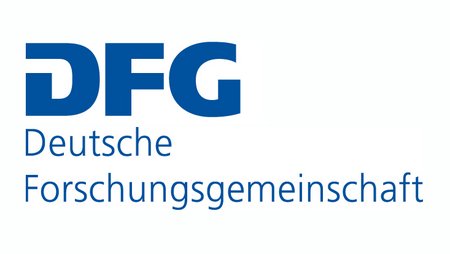
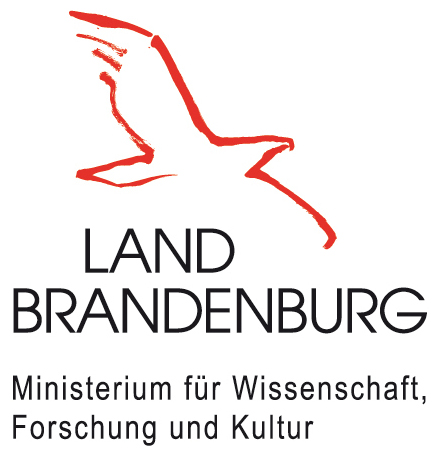
BMBF research association "CEFOX - Cell-free synthesis of fungal biocatalysts for the production of biobased ingredients" (FKZ 031B0831A) BMBF program "Tailor-made biobased ingredients for a competitive bioeconomy2"; coordination of the overall network
The main objective of the CEFOX project is the development of new synthesis tools based on cell-free expressed and tailored oxidoreductases (mainly peroxygenases from fungi) in order to provide innovative solutions for the elimination of existing bottlenecks in the production of biogenic, terpenoid active ingredients and their metabolites (including APIs, modified steroids, etc.) and biomass-based building blocks (derivatized fatty acids and glycerides/lipids as additives). In this context, the special, partly unique properties of the targeted biocatalysts are to be exploited in a targeted manner, either alone or in intelligent enzyme cascades. Later, in a second phase, their industrial suitability will be demonstrated and selected representatives integrated into future lighthouse technologies. The CEFOX consortium is focusing on finding a novel variety of oxidative biocatalysts resulting from the growing number of decoded fungal genomes. In addition to genomes from databases, the project will specifically sequence new fungi for the cell-free synthesis platform and analyze them with respect to peroxygenases and other enzymes. Of particular interest are previously non-commercialized, self-sufficient heme thiolate peroxygenases, which will be made available through cell-free protein biosynthesis and will act as a versatile tool for functional genomics. So far, cell-free protein synthesis has been performed using human, animal or plant cell lysates and will also be performed with fungal cell components during the course of the project. In perspective, cell-free synthesis of other high-performance proteins is possible, such as special membrane and glycoproteins, as well as chip-based protein synthesis.
Duration 2020-2023

PERsonalized medicine through FUNCTIONomics in BB: Drug metabolization module for drug testing on patient cells.
PER-FUNCTION BB is an ERDF-funded research network consisting of BTU Cottbus-Senftenberg (Prof. K. Scheibner and Prof. J.-H. Küpper) and University of Potsdam (Prof. F. Jung and PD. Dr. Burkard Schulz). This project is funded by the European Regional Development Fund and the State of Brandenburg.
The innovative research approach announced will potentiate the possibilities of companion diagnostics, i.e. stratification of patients with regard to the response to a therapy, which is mainly carried out on the genome and protein level today! The new technology platform of patient-individualized in vitro drug testing is referred to as "FUNCTIONOMICS" in addition to genomics, metabolomics and proteomics. The essential prerequisite for FUNCTIONOMICS, which is feasible in the presented research concept, is that not only the respective active ingredient is investigated in the administration form on patient cell types, but also that the active metabolites formed in the liver can be tested preparatively for the first time.
Duration: 2016-2020

German Federal Foundation for the Environment ChemBioTec Research Network
"Robust microbial peroxygenases and their applicability in the chemical synthesis of bulk chemicals."
Successful industrial application of enzyme-based biocatalysis requires certain minimum space-time yields and commercial availability of the proteins to be used, sufficient selectivity and stability of the biocatalysts, and knowledge of the optimal reaction conditions.The aim is the environmentally assessed evaluation of the application potential of novel, robust peroxygenases in the chemical synthesis of cyclohexanone and formaldehyde, among others, as model compounds, whose preparative biocatalytic presentation will be comparedwith conventional chemical processes in terms of economic feasibility and environmental relevance.
Duration: 2012-2016
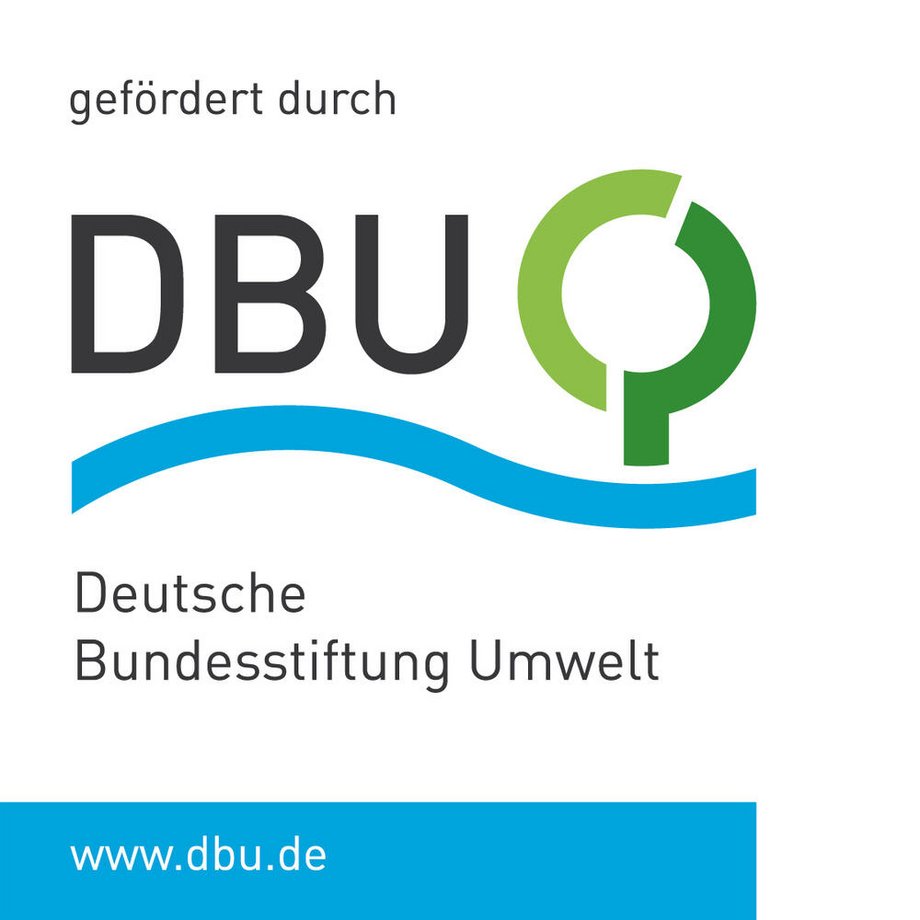
BMBF Research Network BioIndustry 2021, Integrated Bioindustry Cluster
"Functional P450 monooxygenase-peroxidase hybrid enzymes (peroxygenases) for pharmaceutical and bioindustrial synthesis".
Development of a catalysis platform for regio- and stereoselective biosynthesis of basic drug structures, not only biocatalytically substituting conventional syntheses, but also opening up completely new synthesis steps based on fermentative access to non-commercial oxidoreductases.
Duration: 2012-2015

Junior Research Group - "In vitro liver metabolism".
Development of a multi-step biotechnological process for the production of liver first-pass drug metabolites and in vitro analysis of liver-specific metabolic processes.
The junior research group is supported by the Ministry of Labor, Social Affairs, Women and Family with funds from the European Social Fund and the State of Brandenburg.
Duration: 2013-2015
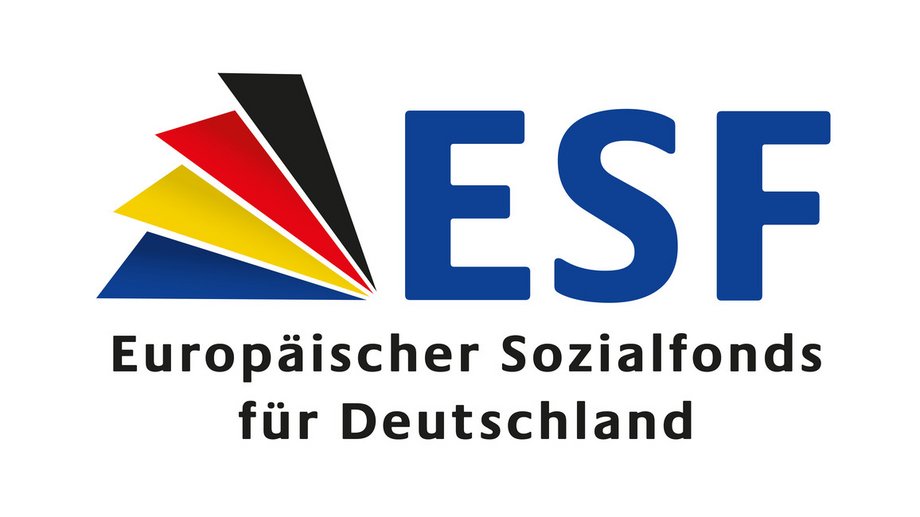
Project EXIST Research Transfer BMWI - Funding Phase I
"Enzymatic synthesis of human liver first-pass drug metabolites."
Interdisciplinary development of processes based on innovative fungal enzymes described for the first time by the applicants and novel systems of physiologically highly active human liver cells for the production of human liver first-pass drug metabolites. In doing so, the goal is to achieve a quantum leap in the production of high-cost drug metabolites for drug discovery and to develop a new generation of liver-tolerant drugs.
Duration: 2011-2013
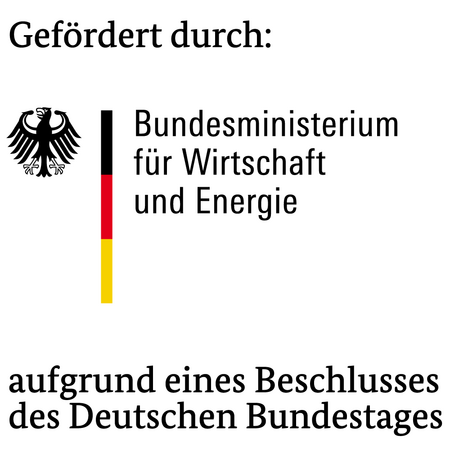
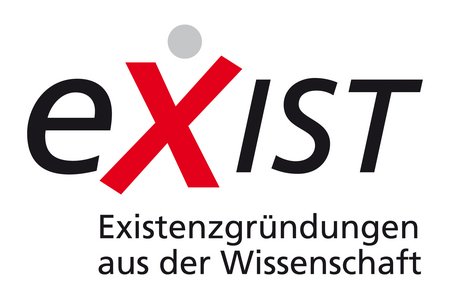
Project / Coordination of the DBU Research Network
"Development of an innovative production process for the environmentally friendly synthesis of the model compounds (R)-1-phenylethanol and 7-hydroxymethotrexate by using the novel enzyme classes of fungal peroxygenases".
Use of fungal peroxygenases - in environmentally friendly production processes for oxyfunctionalization of specialty chemicals in the pharmaceutical and chemical industries.
Duration: 2008-2010

